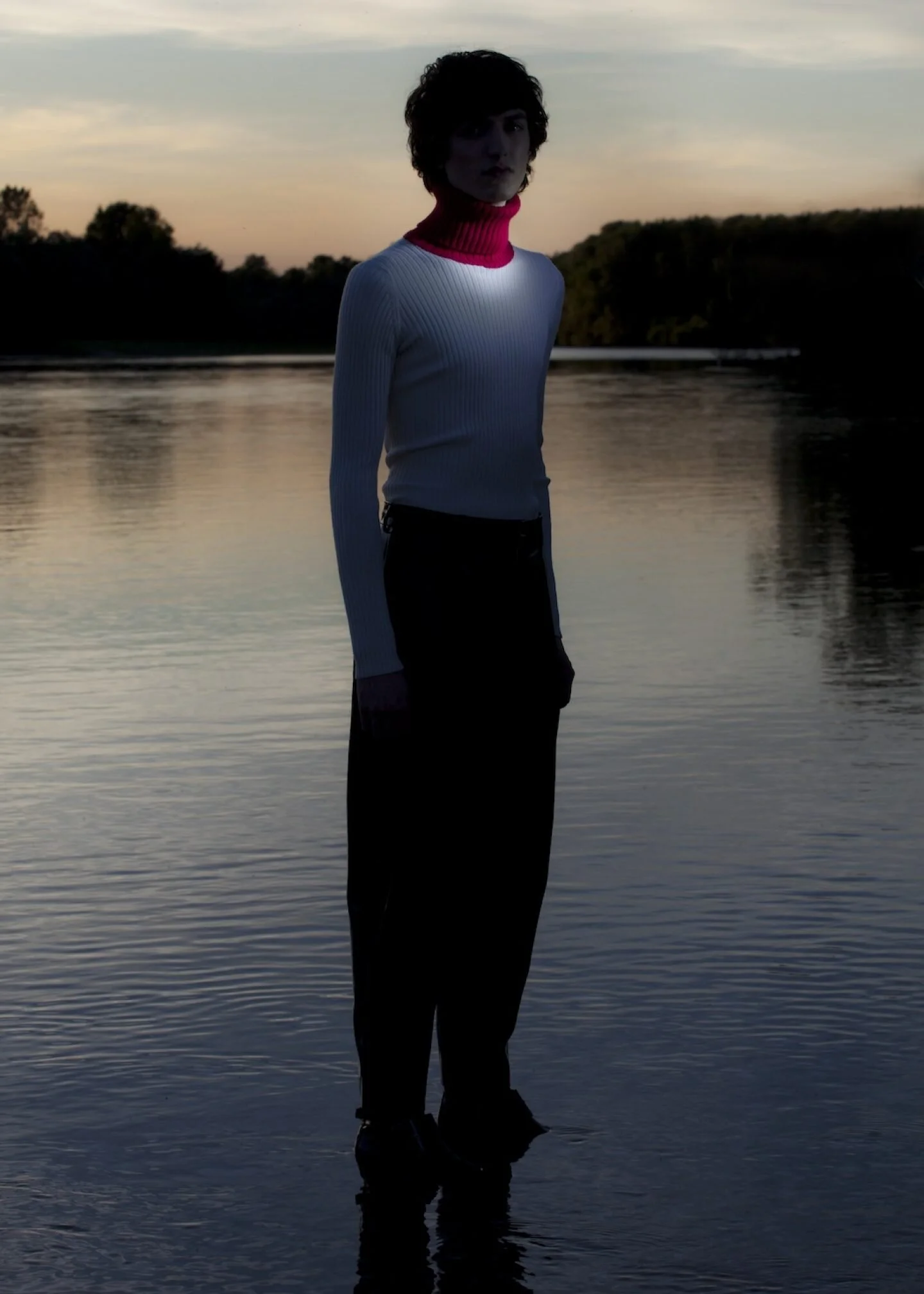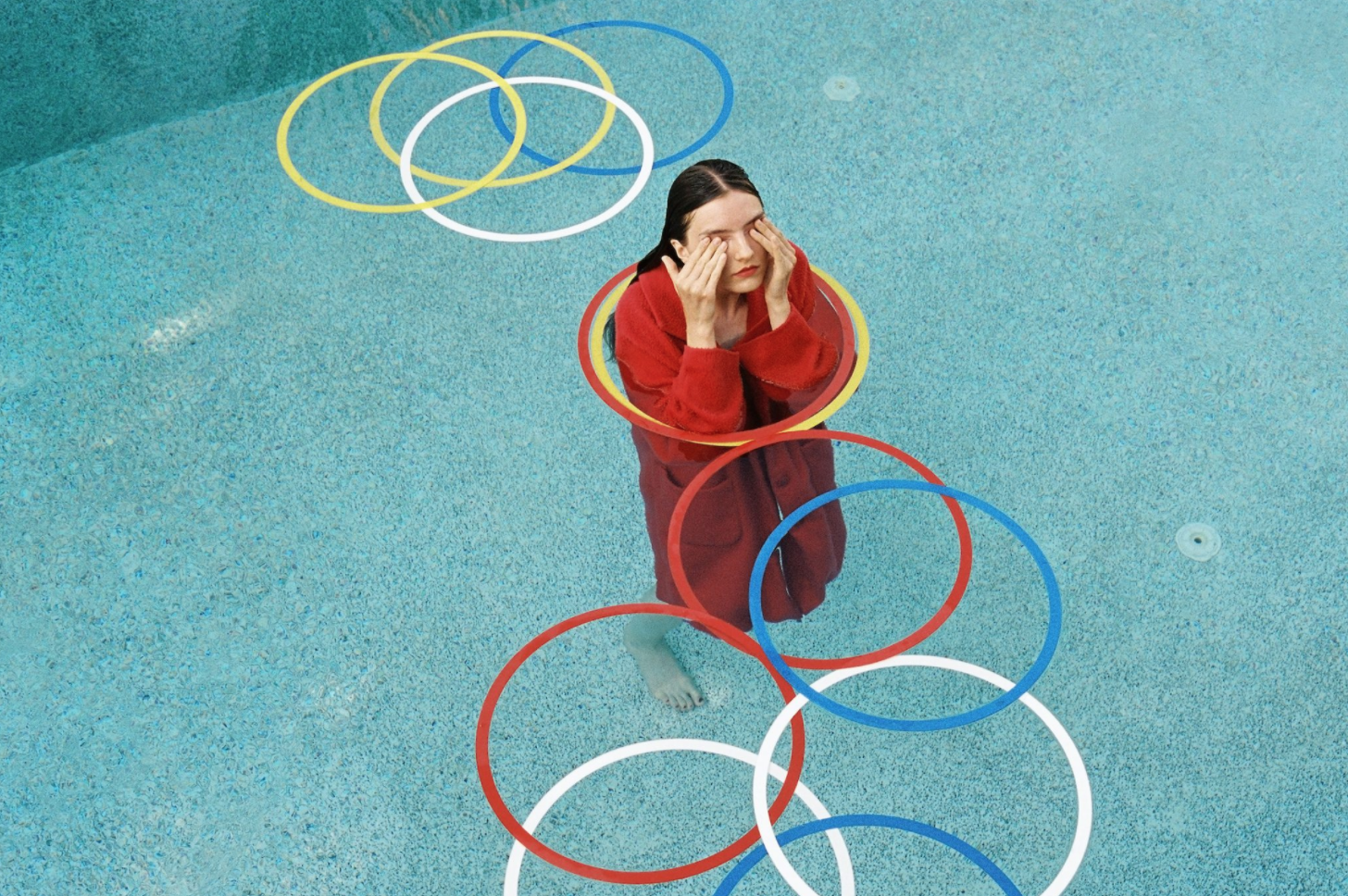Tuesday Reads
© Leonardo Scotti
“Social photography, and the audience it promises, position us in the present with a constant awareness of how it will be perceived in the future. We come to see almost anything we do as a potential image, imploding the present into the past, and ultimately making us nostalgic for the here and now.”
Our time offers the possibility to choose among almost endless approaches to life. However, documenting the process of living is an act common to whichever journey we might embark on. The central role of images on social media, combined with the commonly lamented need of being reassured that our life is “socially attractive”, has led to an unprecedented proliferation of photographs. At first, the aim might have been documenting our experiences. However, there is more to it. The act of photographing becomes an attempt to verify that our time is well spent, that our holidays are compliant with social standards and our point of view is defined as uniquely “interesting”. Still, the meaning of such definition is oftentimes not investigated further, as long as the physical representation of our life (namely, the photographs we take of it) obtain recognition (namely, likes or reblogs).
© Logan White
The outcome of such twisted process is that the scenes we get to witness and the experiences we embark on are increasingly evaluated according to the potential recognition they would obtain from external observers, rather than the pleasure they could potentially yield to ourselves. This quest for appraisal is the main responsible for the ever relevant feeling of “missing out on the present moment”: the photograph plays the role of a means towards social status rather than towards personal satisfaction, thus becoming mutually exclusive with regards to a satisfactory life experience.
© Alice Schillaci
© Leonardo Scotti
Such impasse, an issue apparently limited to amateur photographers (a definition virtually applicable to every human, nowadays), actually affects professionals as well: under their perspective, every lived moment becomes the potential source of "The Photograph” - the one that could lead to global exposure and recognition. Thus, merely living is not sufficient to feel fulfilled in the long term; rather, one has to capture the beauty of life as proof of having experienced it. The ability to capture and convey the beauty of being alive, a prerogative and gift of photographers, actually places a virtual boundary to the pleasure they extract from life: the weight shifts from the present moment to the future observation of the resulting photograph - up to the point of becoming an obsession. According to Jurgenson, such dichotomy has affected photographers among the most renowned ones, such as Arbus, Cartier-Bresson, Stiglitz, Smith and Winogrand. For instance Diane Arbus, Henri Cartier-Bresson and Alfred Stiglitz ended up refraining themselves from taking photographs due to the impossibility to distinguish a photograph from the act of pressing the shutter; opposite, Eugene Smith and Garry Winogrand fell prey to an obsessive relationship with documentation, up to the point of continuously taking photographs and believing that life could stop in case they ceased photographing it.
In 2020, the question changes slightly. As photographers, can the ability of visually conveying the essence of life be combined with the pleasure of - at times - forgoing the opportunity to capture it? As it often happens, a generalisation cannot solve the discourse. It all boils down to an individual decision to be faced consciously and continuously over the course of our lives. Are we photographing to testify and portray our experience? Or are we succumbing to the endless quest for narcissistic recognition?












